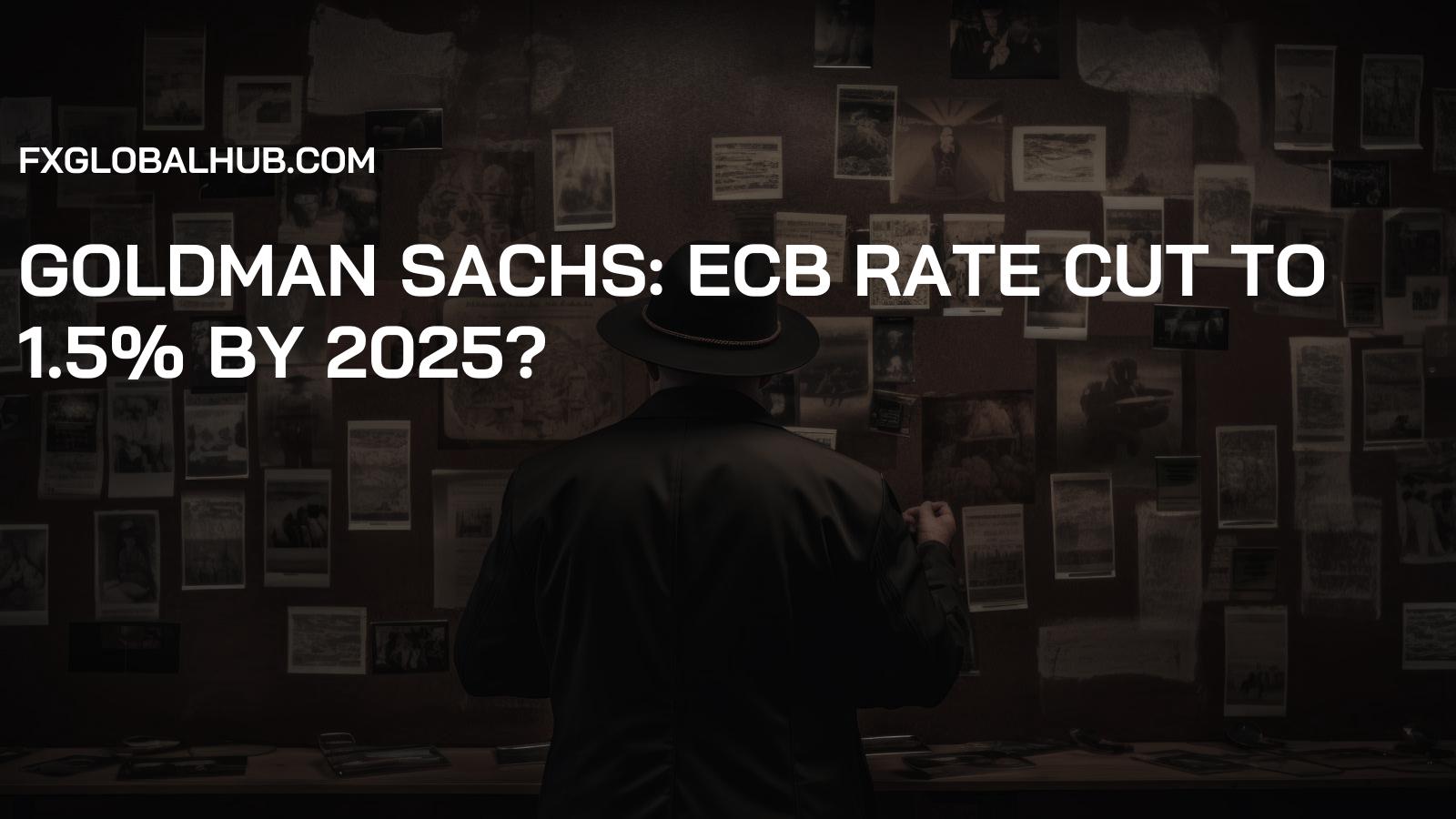FxGlobalHub: FTSE 100 Plunges 5.00%: UK Stock Market Shaken
Updated: 2025/04/04 21:45:39
The FTSE 100 index experienced a significant drop of 5.00% today. This article analyzes the causes, impact on forex and gold markets, and potential consequences of this downturn. Understand key terms like 'FTSE 100' and 'market correction'.
- FTSE 100 Overview
- Significant Drop: 5.00%
- Causes of the Plunge
- Impact on Forex and Gold Markets
- Historical Comparison
- Expert Analysis
- Key Takeaways
- Investment Strategies
- Future Outlook
- Related Factors
FTSE 100 Overview
The FTSE 100, or Financial Times Stock Exchange 100 Index, is a market-capitalization weighted index of the 100 largest companies listed on the London Stock Exchange (LSE). It serves as a benchmark for the UK stock market and is widely used by investors to gauge the overall health of the UK economy. The performance of the FTSE 100 is influenced by a variety of factors, including economic data, corporate earnings, global events, and investor sentiment.
Significant Drop: 5.00%
A 5.00% decline in the FTSE 100 is considered a substantial movement. Such a drop indicates significant selling pressure and investor unease. To put this in perspective, average daily movements in the FTSE 100 are typically much smaller, often less than 1%. A 5% drop can wipe out billions in market capitalization, impacting pension funds, investment portfolios, and overall investor confidence.
Causes of the Plunge
Several factors could contribute to such a significant drop in the FTSE 100. These include:
- Global Economic Slowdown: Concerns about a potential global recession or slowdown in major economies like the US, China, or the Eurozone can trigger sell-offs in equity markets.
- Inflation and Interest Rates: High inflation and rising interest rates can negatively impact corporate earnings and consumer spending, leading to a decline in stock prices.
- Geopolitical Risks: Events such as political instability, trade wars, or international conflicts can create uncertainty and drive investors to safe-haven assets.
- Company-Specific News: Negative earnings reports or significant announcements from major companies within the FTSE 100 can weigh heavily on the index.
- Market Correction: Sometimes, a market correction (a decline of 10% or more from a recent peak) is triggered simply by overvaluation or profit-taking after a period of strong gains.
Further investigation into the specific events of the day is needed to determine the precise combination of factors that led to this particular decline.
Impact on Forex and Gold Markets
A significant drop in the FTSE 100 can have implications for the forex and gold markets:
- Forex (GBP): A weaker FTSE 100 can put downward pressure on the British pound (GBP). Investors may sell GBP in favor of currencies perceived as safer, such as the US dollar (USD) or the Japanese yen (JPY). The extent of the impact depends on the underlying reasons for the stock market decline. If the decline is due to UK-specific economic concerns, the impact on GBP will likely be more pronounced.
- Gold: Gold is often considered a safe-haven asset. In times of economic uncertainty or market turmoil, investors tend to flock to gold, driving up its price. Therefore, a significant drop in the FTSE 100 could lead to an increase in gold prices.
Historical Comparison
To understand the severity of a 5.00% drop, it's helpful to compare it to historical data. Reviewing past instances of similar declines in the FTSE 100 can provide context and help assess the potential for further losses or a rebound. For example, during the 2008 financial crisis, the FTSE 100 experienced several days with drops of similar or even greater magnitude. Analyzing the market conditions and subsequent recovery patterns from those periods can offer valuable insights.
Review data from periods like the Dot-com bubble burst (early 2000s), the European debt crisis (early 2010s), and the COVID-19 pandemic (2020) to see how the FTSE 100 reacted to significant economic and global events.
Expert Analysis
Financial analysts and economists offer their perspectives on the causes and implications of the FTSE 100's decline. Some may attribute it to specific economic data releases, while others may focus on global geopolitical tensions. These analyses provide valuable insights for investors and help them make informed decisions. Seek out reputable sources such as Reuters, Bloomberg, and the Financial Times for expert commentary.
Key Takeaways
- The FTSE 100 experienced a significant drop of 5.00% today.
- Possible causes include global economic concerns, inflation, rising interest rates, geopolitical risks, and company-specific news.
- The decline could put downward pressure on the British pound and potentially increase gold prices.
- Historical comparison provides context for the severity of the drop.
- Expert analysis offers insights into the causes and implications of the decline.
Investment Strategies
During periods of market volatility, investors should consider the following strategies:
- Diversification: Ensure your portfolio is diversified across different asset classes to mitigate risk.
- Long-Term Perspective: Avoid making rash decisions based on short-term market fluctuations. Focus on your long-term investment goals.
- Risk Management: Reassess your risk tolerance and adjust your portfolio accordingly.
- Consider Buying Opportunities: Market downturns can present opportunities to buy quality stocks at discounted prices.
- Consult with a Financial Advisor: Seek professional advice to develop a personalized investment strategy.
Future Outlook
The future performance of the FTSE 100 will depend on a variety of factors, including:
- Economic Data: Upcoming economic data releases, such as inflation figures, GDP growth, and employment numbers, will influence investor sentiment.
- Monetary Policy: Decisions by the Bank of England regarding interest rates and quantitative easing will impact the market.
- Global Events: Geopolitical developments and trade negotiations will continue to play a role.
- Corporate Earnings: The performance of major companies within the FTSE 100 will be crucial.
Related Factors
Monitor related factors that could influence market behavior. For example, performance of other major global indices (S&P 500, Nikkei 225, Euro Stoxx 50), bond yields, and commodity prices can provide additional insight into overall market trends and potential future movements.
US Oil Rig Count Drops to 480: What Does It Mean?
2025/04/12 00:02:21

US Oil Rig Count Release Imminent - Market Impact?
2025/04/11 23:50:40

Goldman Sachs: ECB Rate Cut to 1.5% by 2025?
2025/04/11 22:59:30

US & Ukraine Restart Mineral Deal Talks: New York Times Report
2025/04/11 22:28:10

FOMC Member & NY Fed President to Speak: Market Impact?
2025/04/11 21:50:30

Silver Spot Price Jumps 2.00% to $31.83: What's Driving the Rally?
2025/04/11 21:33:29

Michigan University: Unemployment Fears Highest Since 2009 | US Economy
2025/04/11 21:07:15

University of Michigan: US Consumer Sentiment Plunges - What's Next?
2025/04/11 21:00:54
